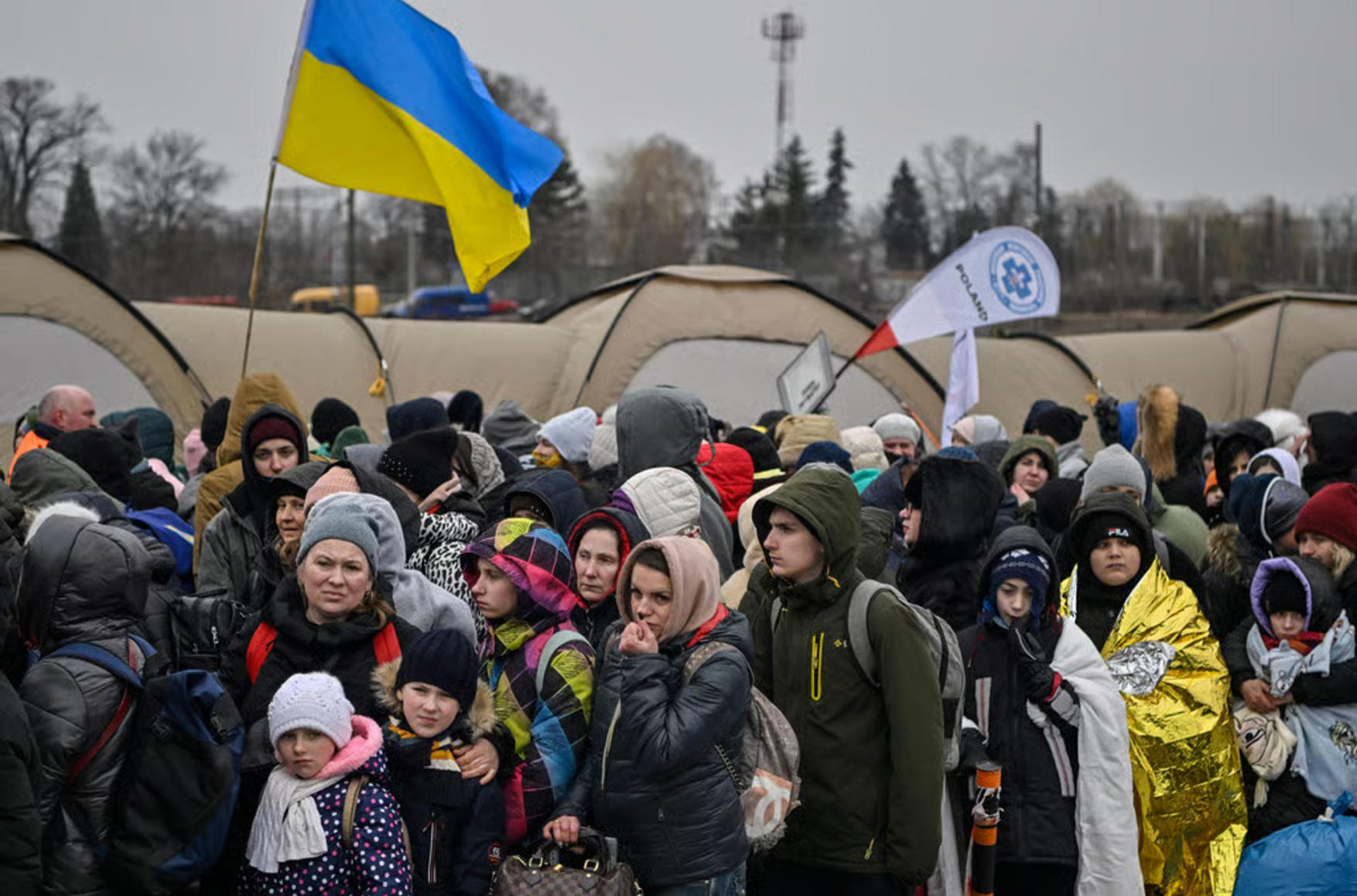
Photo: AFP
Only about half of Ukrainian refugees in Europe say they are willing to return home after the war in their home country ends, according to a new survey by Munich’s ifo Institute for Economic Research. The study found that refugees’ decisions to go back depend largely on guarantees of Ukraine’s territorial integrity and security, as well as on the country’s economic prospects.
More than 2,500 Ukrainian refugees living in 30 European countries took part in the survey. They were asked how likely they would be to return under three different possible scenarios for the end of the war.
The best-case scenario envisioned an early end to the fighting, the restoration of Ukraine’s 1991 borders, the granting of NATO membership, and the prospect of joining the European Union within five years. It also assumed a strong job market, higher incomes than before 2022, and lower corruption levels.
An intermediate scenario described the war ending in 2026, with Ukraine liberating most of its Russian-occupied territories, receiving security guarantees from some NATO members, and having a prospect of EU membership, with wages and corruption levels remaining at 2023 levels.
The worst-case scenario envisioned the war ending in 2027 or later, Russia retaining control over most occupied areas, no security guarantees or EU membership prospects, low wages, and high corruption.
Under the most optimistic scenario, 46.5% of refugees said they would return to Ukraine, compared with only 2.7% under the most pessimistic one. In the intermediate scenario, around 30% expressed readiness to return.
“The shape of the post-war order will determine whether millions of refugees return or remain abroad permanently. This is of key importance for Ukraine's economic and demographic future,” commented Panu Poutvaara, director of the ifo Center for Migration and Development Economics. “Even if Ukraine cannot liberate the occupied territories, credible security guarantees, the prospect of EU membership, and institutional reforms to combat corruption, combined with positive economic development, could persuade approximately 30 percent of refugees to return.”
According to ifo, the most important factors cited by respondents were territorial integrity, NATO membership, economic performance, and anti-corruption efforts. Young people aged 18 to 34 identified the economic situation as the key factor in deciding whether to return.
The survey also found that the ultimate duration of the war and the form of conflict resolution appear to matter less, suggesting widespread distrust of any potential agreements with Russia, the report said.